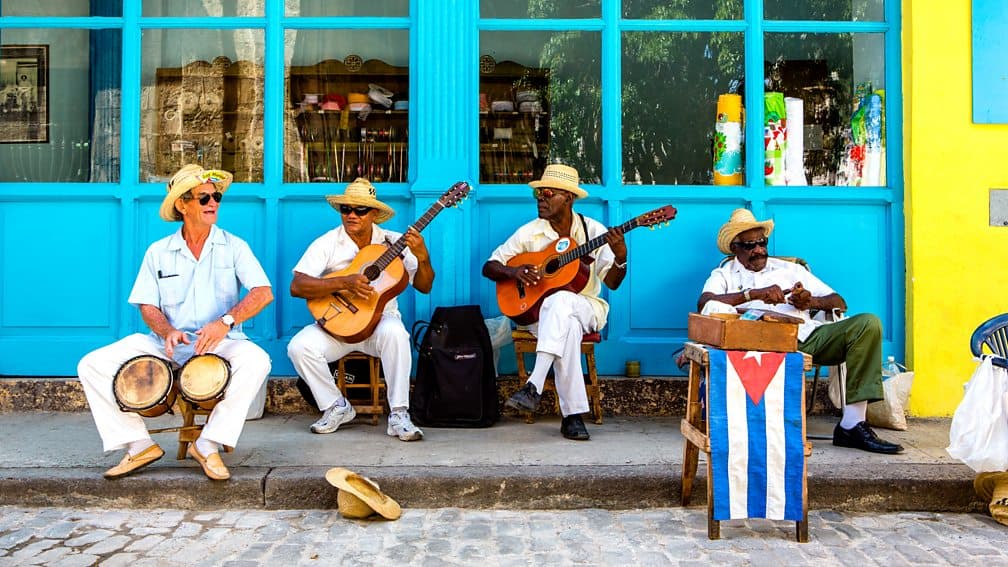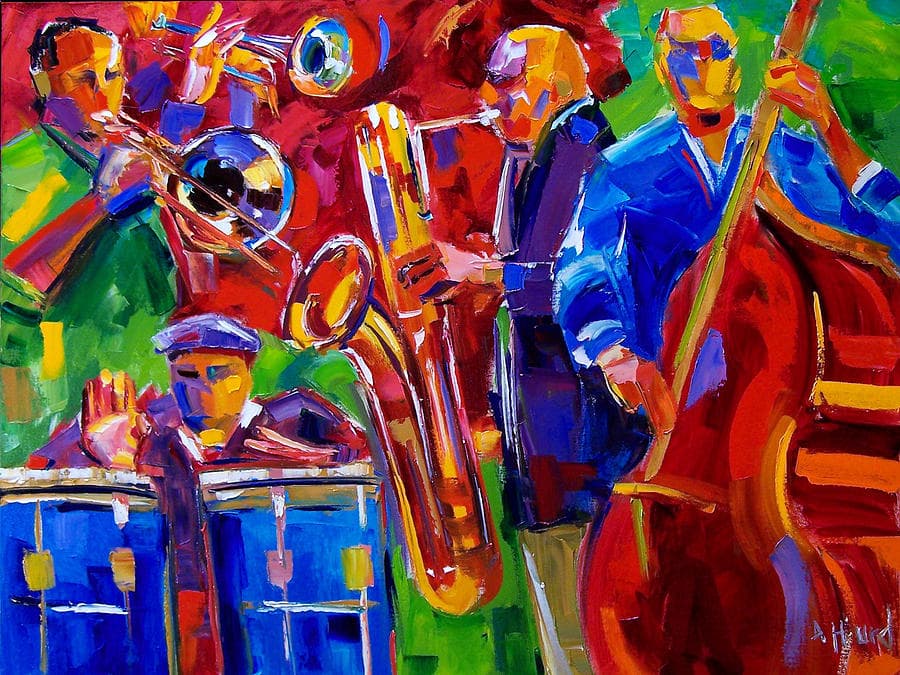by Doug Thomas, Interlude

Ludovico Einaudi © Decca/Ray Tarantino
Over the past fifty years, there has been a rise of interest for this type of music, and more people seem to be attracted to it — whether they are the creators or the listeners. It seems it has become the backdrop of many people’s off-time, too. Some would say it is by necessity, a counter-reaction to the busyness that our lives are now stuck into, and others would say it is by taste. Whatever the reason is, it is definitely there and growing more and more.
Ryuichi Sakamoto – Merry Christmas, Mr. Lawrence
Bryars, Richter, Einaudi, Pärt, Sakamoto or Frahm and Arnalds. All these composers, in their own ways and through their works, started or participated in launching a considerable wave of smaller, lesser-known — and often amateur — musicians and composers whose mantra has been to slow down, turn the dynamics down and reduce the musical information. These composers have written the soundtracks of our modern-day workspaces. They are in the background of our offices, in public spaces, in our apps, in our TVs and in our films. And even at times, they are the music which we play while we sleep. They are often unknown or unrecognised. But they represent a lot of the music which is present in our daily lives. If there is a meditative and relaxing element to this music being created, it is not emerging from a new age or spiritual intention, but rather the wish to offer an alternative to the busy lives that we all live and allow art — once again — to provide an escape to reality.
Brian Eno: There Were Bells
Of course, one cannot mention slow music without venturing into the world of ambient music, and particularly the impact of Eno who has been a pioneer in this genre. With his work on ambient music, Eno has allowed composers to accept the slowing down of pace and slow musical development, and through the works of the minimalists, the focus on smaller structures and simpler concepts. His influence can be felt in current composers today; a great example of that is Richter and his Sleep project. The downside to the phenomenon of slow music is that it seems that all of it ends up being the same. Slow and calm music is based on simpler structures and less musical devices being used. Therefore the sense of repetition between works and artists appears quicker, and many composers fail to produce truly original music, and often it appears as paper copies of the original artist. The rhythmic, melodic and harmonic language is often the same, and there is not much space for exploration. In other words, it sometimes seems like a lot of quiet noise, which no one really wants to pay attention to.
Ludovico Einaudi – Nuvole Bianche (Live From The Steve Jobs Theatre / 2019)
The attention span of the human brain seems to have decreased, and therefore, it would seem that busy and complex music is rejected in favour of simpler, more balanced music –– who wants to listen to Wagner today? The function of music must have changed a lot too, and many people perceive it as a sound decoration rather than a proactive act of listening. And therefore a calmer, quieter tapestry of sound works better than a busy and stimulating musical work. It has taken, like Satie foresaw, a decorative element to our life. One must ask though; is it also that we are less educated to music than we were before? The times before the invention of the radio and the television asked for people to learn how to perform their own music for their own enjoyment. Or perhaps the fact that music is so omnipresent in our lives — it is hard to spend a day without hearing some form of music — affects how we want to experience music when it is intentional — and perhaps less busy.

